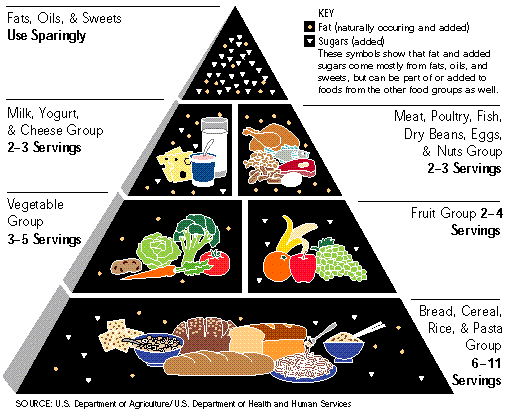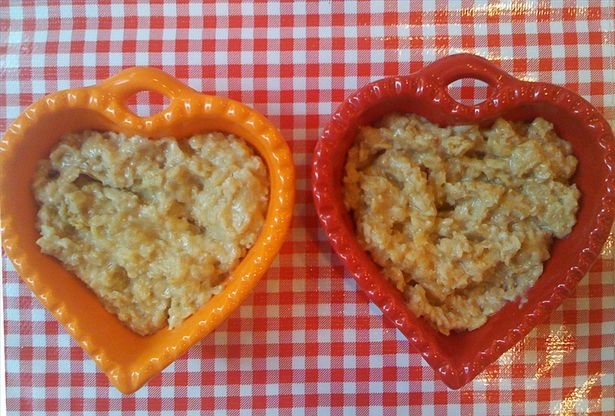When you are pregnant, you are no longer feeding yourself. Everything you eat will have some effect on the development of your unborn child. That is why you have to properly map out your pregnancy nutrition.
As much as possible, the food that you eat should be rich of the following:
Folic Acid or Folate
You need to consume as much as 800 micrograms of folic acid before you get pregnant and increase it to 1,000 the moment that you are already carrying a child. This B vitamin is highly essential on the physiological development of your child.
It will prevent any abnormalities on the spinal cord and the brain of your kid. This will also make sure that you do not give birth prematurely (or delivering your baby before he or she reaches full term.
You have several sources of folic acid. You have vegetables, citrus fruits, cereals with folate, and peas, to name a few. You can also find brands of milk that are highly fortified with folate or folic acid.
DHA
This is a type of omega3 essential fatty acid. You also have several sources for this, such as freshwater fish, walnuts, canola, flaxseed, and meats from grass-fed cows or flaxseed-fed chickens.
DHA can be beneficial to you and your baby. For one, DHA composes 1/3 of the total weight of your baby's brain. It will also be the reason for your baby's great memory retention and focus when he or she grows up.
A lot of studies also revealed that babies whose mothers have taken fish oil supplements, which have high DHA and EPA, are more intelligent, with IQs six to ten points higher than the other children. They are also easily trained, and they have longer attention spans.
Mothers who consume DHA are less prone to post-partum depression and mood changes. This is because the omega3 fatty acid can prevent the symptoms associated with depression.
Iron
When you are pregnant, you need a lot of iron. In fact, you have to double the iron that is currently within your body.
After all, you are sharing blood supply with your child, and your blood volume will go huge because of the changes in your physiological features.
When you have enough iron in your blood, you can prevent anemia, and you can increase the birth weight of your baby. You will also be less susceptible to different kinds of infections.

 Introduction To Of Some Lower Cholesterol Foodstuffs
Cholesterol is a fat-like element contained in the physique
Introduction To Of Some Lower Cholesterol Foodstuffs
Cholesterol is a fat-like element contained in the physique
 The Simplest Way To Lessen Your High Cholesterol By Natural Means
High-cholesterol is a major variable inside the countrywide
The Simplest Way To Lessen Your High Cholesterol By Natural Means
High-cholesterol is a major variable inside the countrywide
 Starting Up An Aquaponics Set Up From See The Easy Way
Planting seeds in your aquaponics system can be a lot simpl
Starting Up An Aquaponics Set Up From See The Easy Way
Planting seeds in your aquaponics system can be a lot simpl